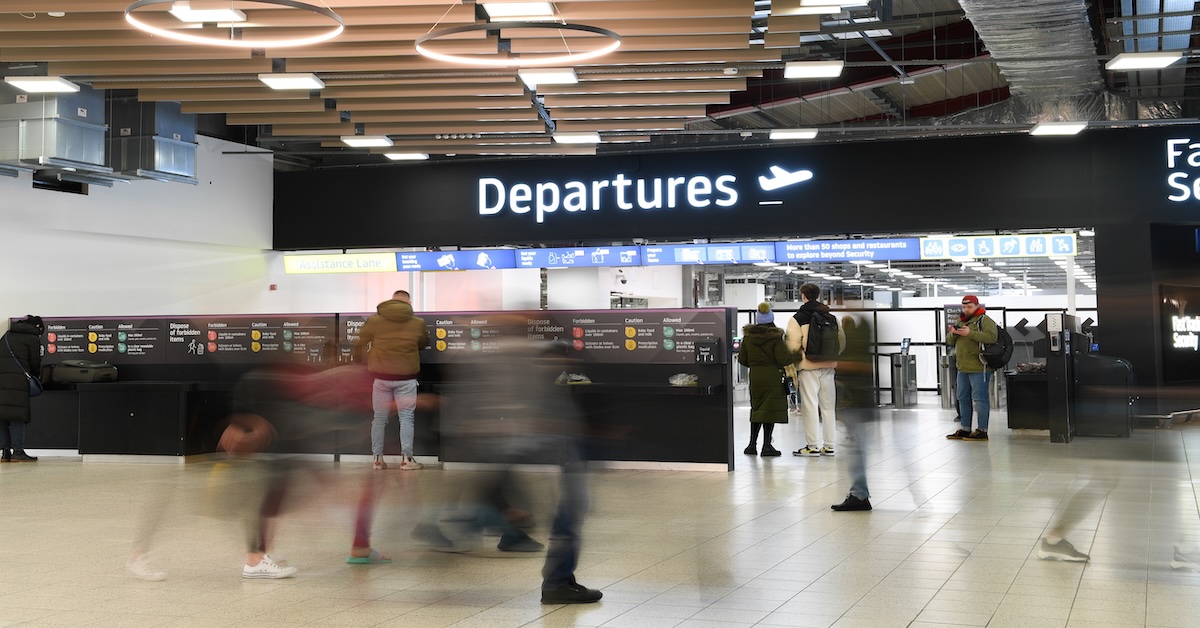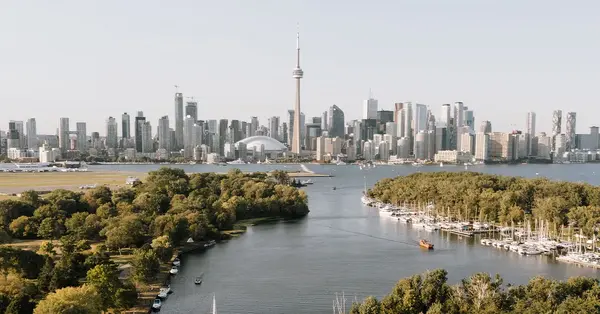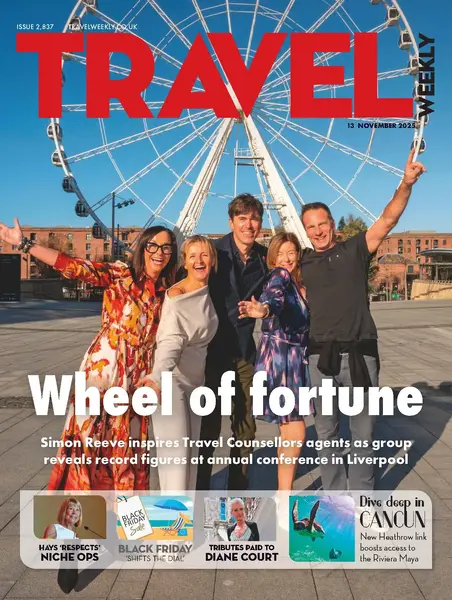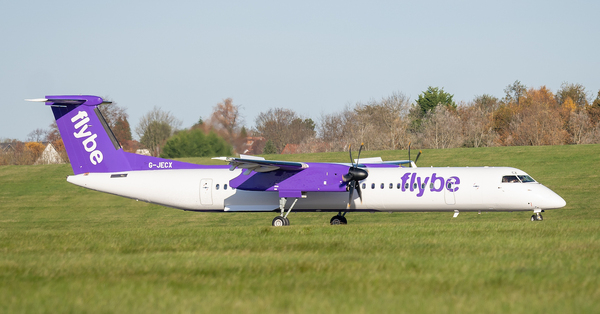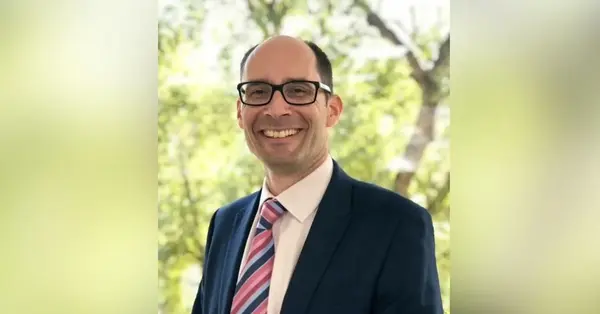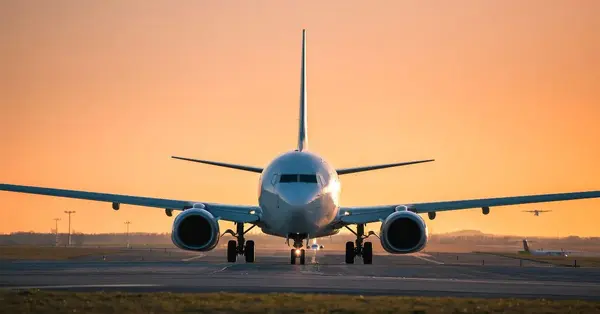You are viewing 1 of your 2 free articles
Balkans Covid recovery hampered by restricted airlift
Efforts to revitalise tourism following the pandemic is being hampered by restricted supply of airlift and hotel rooms, a New Deal Europe trade forum was told last week.
The promotional trade body for the Balkans hosted over 100 buyers in London for its first face-to-face event since the start of the Covid pandemic.
In a panel discussion on the resilience of the travel sector and prospects for the coming year, experts said that while demand is high, this is not necessarily translating into bookings.
Claire Hanney, general manager travel experiences at The Travel Corporation, said it is working with destinations and trade organisations in the Balkans to bring back tours and business to the region.
She said this is particularly focussed on more remote and secondary areas which have seen increased demand since the pandemic. “Secondary destinations are a huge opportunity for us all to find different markets and to offer different experiences,” she said.
“But we are seeing massive disparities in our booking patterns from the search data for instance out of the US market. There are huge difference between search and what is actually transpiring in our bookings.”
Hanney said there is very strong demand for the Balkans region, particularly for later in the year and that this was a key opportunity for the operator in the second half of the season.
But she said a lack of airlift and the impact that is having on prices is preventing that demand being translated into bookings.
“A lot of airlines are pruning flights across the board which is pushing the price on flights up so even if you start discounting the next couple of months it’s not going to translate into bookings for now because people are seeing the flights are so expensive.
“We cannot offer more travel in destinations there is no way of getting to. There is some work in Bosnia bringing some more routes in and that’s great.
“But on the other hand we are seeing because of health of staff or difficulty getting staff or trying to improve load factors, all these factors are making it very difficult for us to get people to destinations, so the ones we do have are cherished.”
Tom Jenkins, chief executive of European trade body Etoa, said what is needed in Europe is a fluid and open labour market, but that is the exact opposite of the current situation.
He said: “I do not want to exaggerate the problems we have got and nothing is insurmountable.” But he added: “There’s a real danger that the shortage of staff is going to lead to a diminution of product availability.
Jenkins cited the situation in London where he said up to 50% of bed stock remains closed. And he said what was available was being sold for “top dollar”.
“They have managed to shrink capacity but milk what they have quite highly. This is not a recipe for a rebound, it’s the opposite.
“What you need in such an environment is a super-fluid open labour market so people can readily come in and fill those positions and really what we have got around Europe is the opposite of a super-fluid labour market, but it will be solved.”




